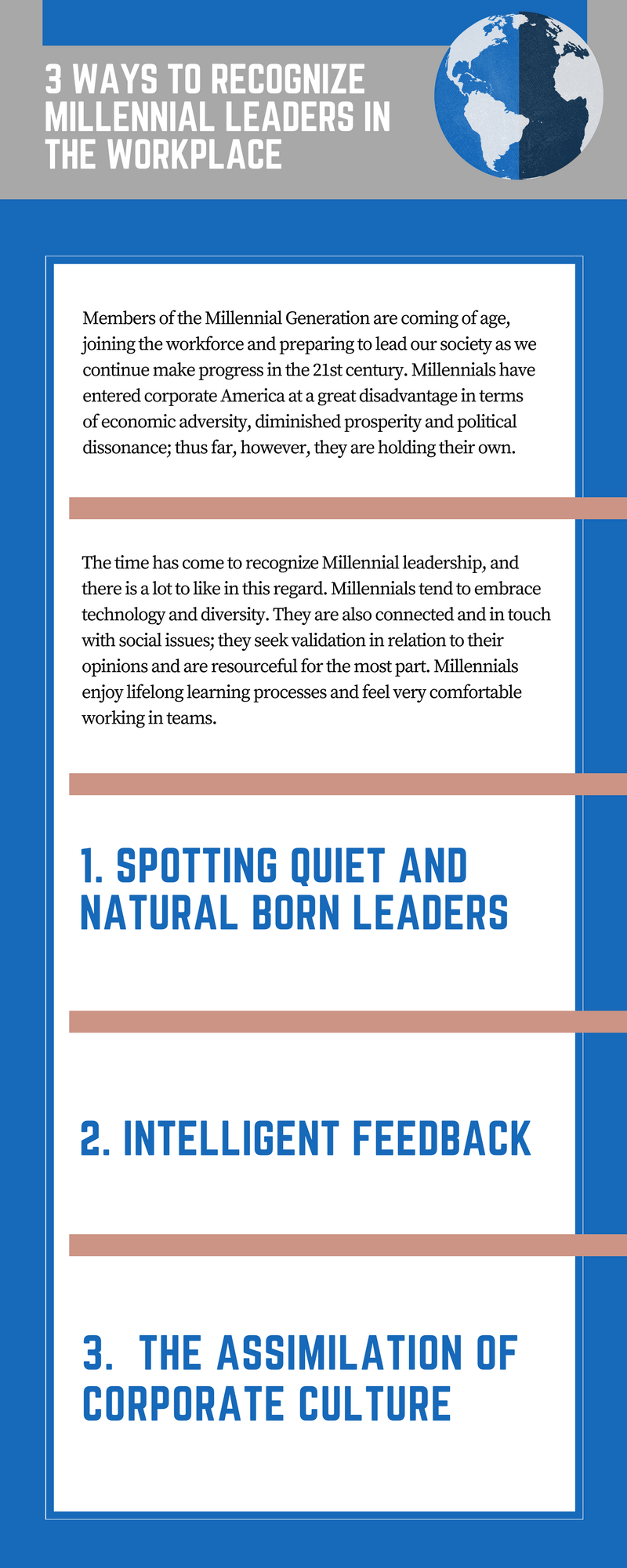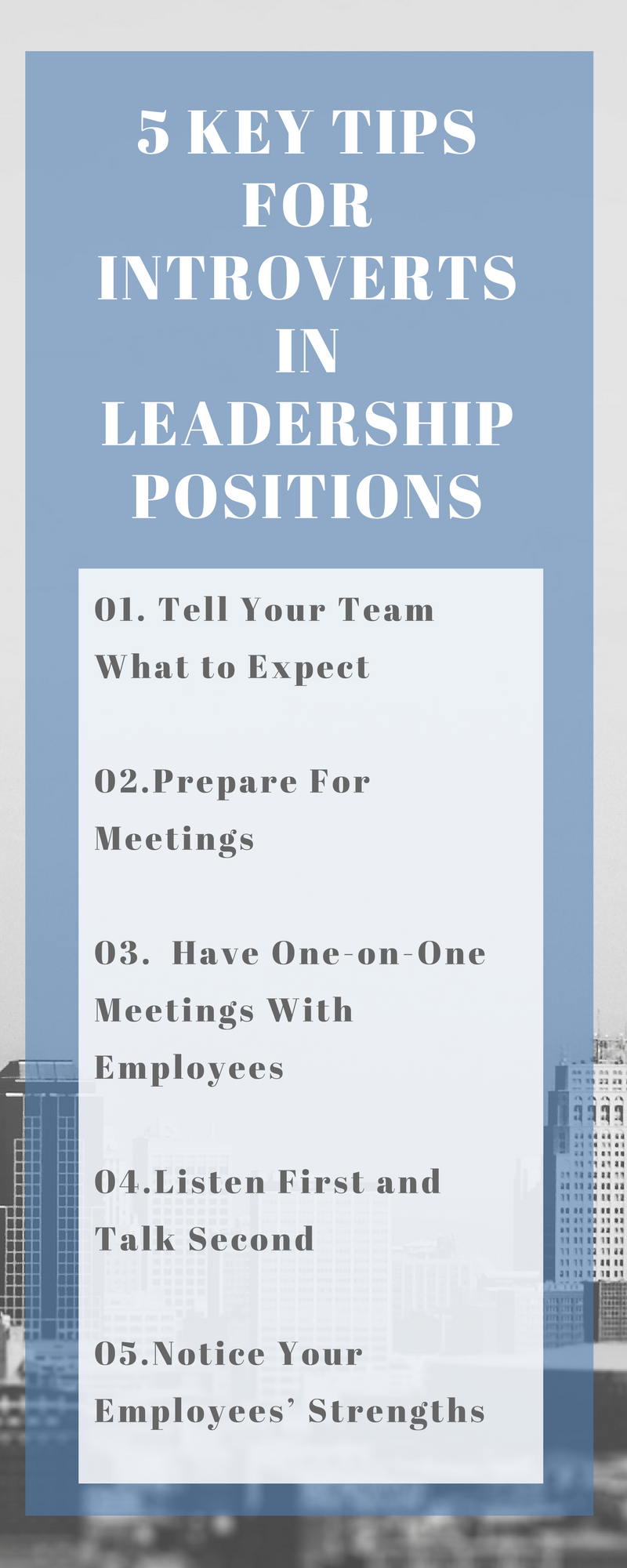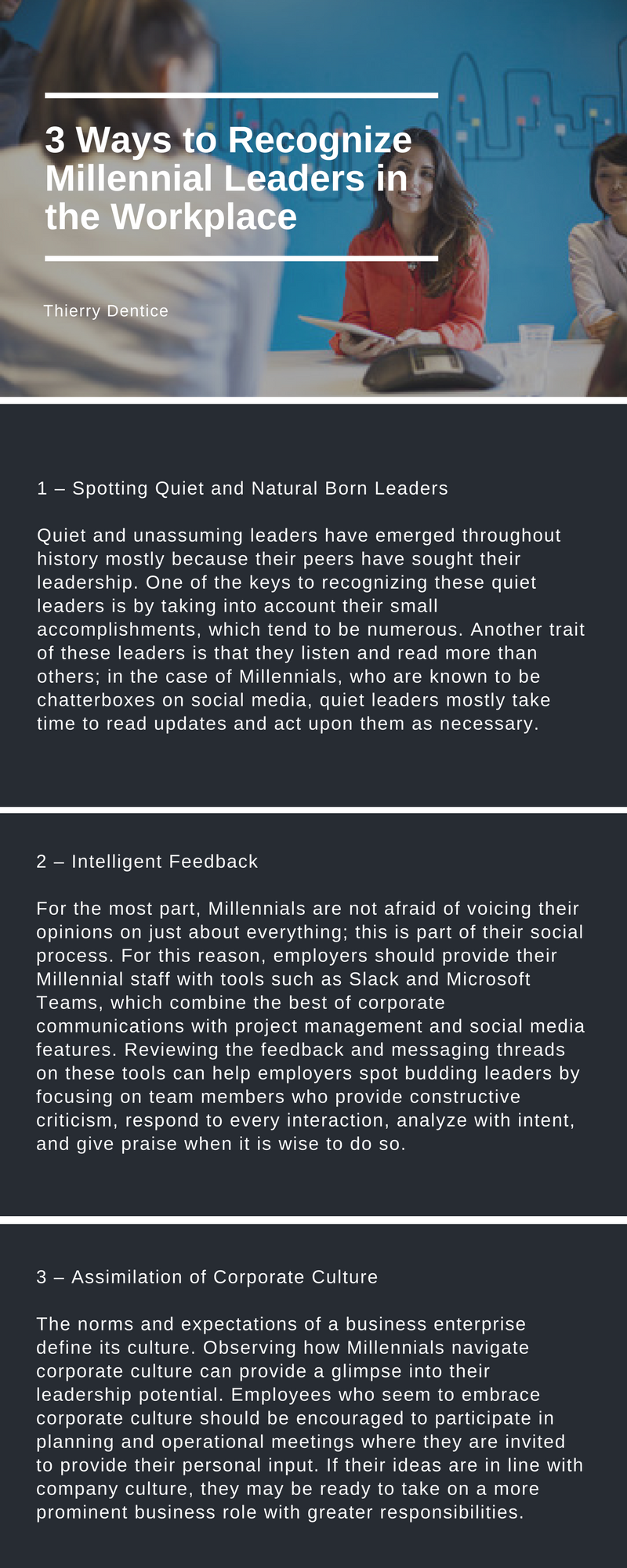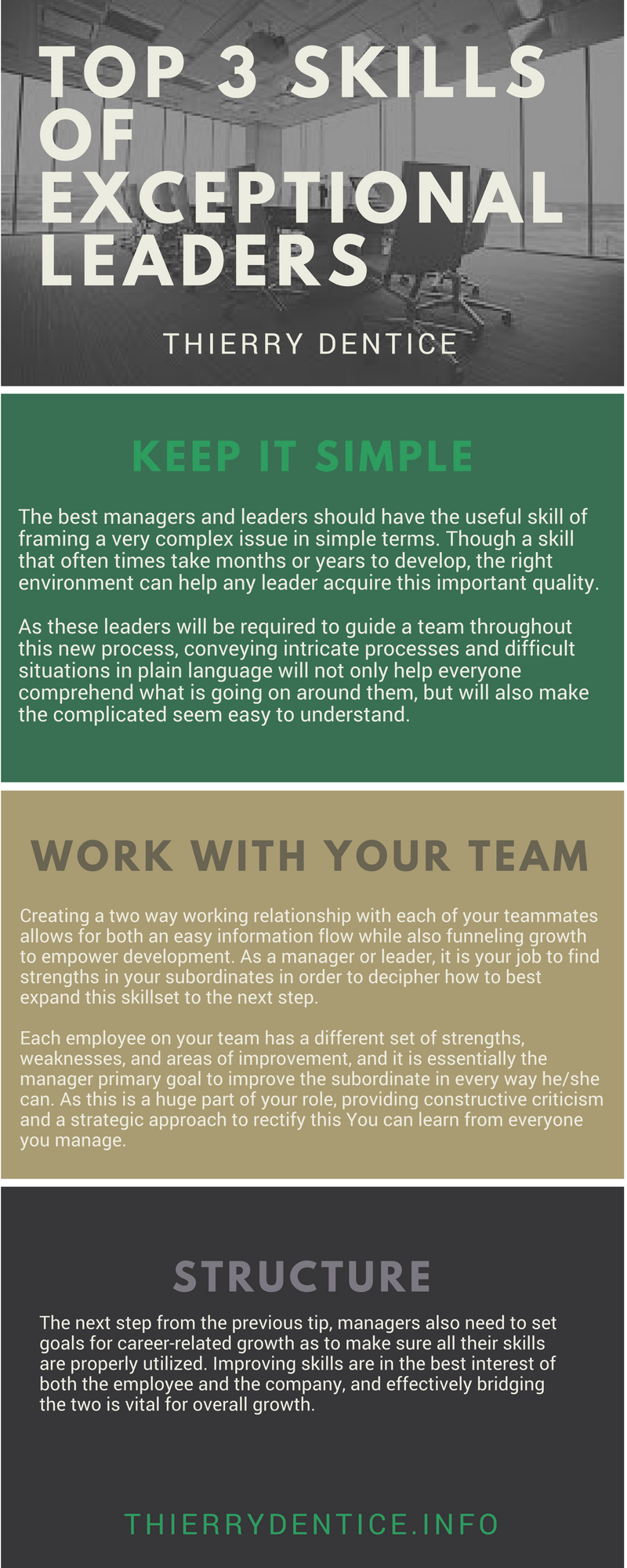No company is as good as its leadership. In order to steer your team in a productive, efficient direction, proper leadership qualities must become habitual. As a leader, this process means finding a comfortable equilibrium between employee happiness and workplace initiative. The key is finding ideas that can stand the test of time while upholding a constructive purpose.
However, since the basics of leadership tend to be obvious and broad, it can be hard to think outside the box for new ideas. Here are a list of leadership tips you may have missed–taken from some of the business world’s top CEO’s.
Transparency is vital
From JPMorgan Chase CEO and chairman, Jamie Dimon
By maintaining a transparent workplace for your employees, you will subsequently instill a culture of strong trust and mutual understanding. JPMorgan CEO Jamie Dimon recommends sharing information such as financial performance and strategy as much as possible–doing so will prevent your employees from thinking you are hiding information from them.
Assign a theme to each work day
From Square CEO and Twitter chairman, Jack Dorsey
While balancing responsibilities from two separate leadership roles, Square CEO Jack Dorsey likes to assign themes to his work days, devoting each day to a different type of work. By adopting this philosophy, you may be able to strengthen your prioritization skills while making a habit out of mental compartmentalization–a skill that is bound to serve you well in other aspects of your role as a leader.
Be willing to redefine everything
From Alibaba CEO, Daniel Zhang
Alibaba CEO Daniel Zhang likes to compare workplace redefinition to the advent of the iPhone. “That’s one of my favorite examples of how a single innovation can change everything,” he told Fast Company. “The future isn’t invented by analyzing the past. Leaders have to be fearless in questioning what we think we know.”
Zhang’s analogy is spot-on when applied to the daily decisions that come with a leadership role. Quality leaders are more than just bosses and rule-setters; they are the spearheads that are expected to absorb new problems, even those that feel newfangled and uncomfortable, and diffuse them so that they can be managed and applied to the company or initiative’s best interests.
Plan far ahead
From Nissan CEO, Carlos Ghosn
This tip seems like a no-brainer for leaders, but proper leadership comes with an important moral: no amount of planning is too extreme or bloated. Take Nissan CEO Carlos Ghosn, who has been known to plan for work as far as 15 months in advance. This practice can be adopted gradually, but its positive impact will surely be felt by both you and your employees when there may not be time to plan in advance.
Try avoiding work during flights
From former Evernote CEO, Phil Libin
During his time as Evernote’s CEO, Phil Libin would use flying as a chance to catch up on lingering work. However, in an interview with PC Magazine, he revealed that he eventually stopped this habit altogether, opting instead to watch movies, play video games, and rest. As a result, he found himself exiting planes feeling refreshed and relaxed.This story could serve as an extension to a key rule of thumb for any worker: take breaks.
Take time to do something mindless–you might see progress in your work life as a result. Being a leader does not necessarily mean you have to live a no-fun life. The best leaders are able to keep a healthy balance of fun and work.











